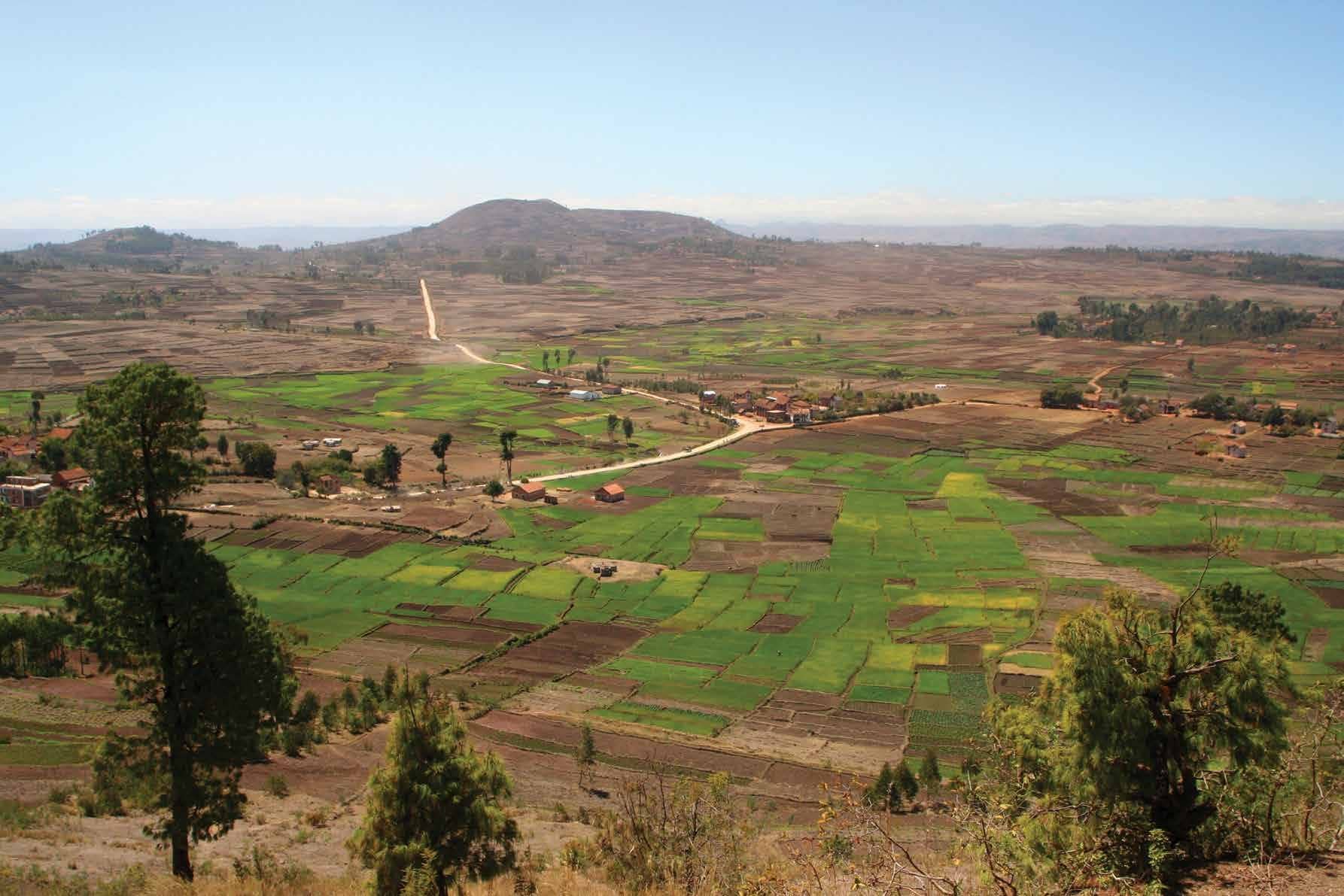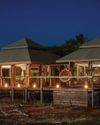A place of rice and smiles and unusual beliefs, Madagascar’s many tribes all have unique traditions – the common thread being the belief in the power and respect of the ancestors, or razana

Today is auspicious for Patric Niaina. As a rickshaw owner in the highland town of Antsirabe, 170km south-west of Madagascar’s capital Antananarivo, he has taken the day off work, even though it’s mid-week, donned his finest clothes and cocked a hat on his head. As we make our way along winding red-dust tracks into the countryside, he sits silently, deep in thought.
Six kilometers further, Niaina points to a gathering of people milling in the distance. “That’s where it is,” he says, adding, “it is good luck for my family that you are here.” The red, white and green Madagascan flag marks the tomb and hundreds of people are thronging around the entrance, sipping rum, chatting and laughing. This is not at all what we were expecting at a famadihana or bone-turning ceremony. It seems more fitting to be quiet and somber.
The ruling Merina tribe, who live on the highlands around Antananarivo, practise bone-turning ceremonies as a way of revering their ancestors. Across the 18 tribes that inhabit Madagascar, bone-turning is unique to the Merina and Betsileo and happens in the dry months from June to September. Families save for between five and seven years to afford the costly ceremony, which requires hiring a band, slaughtering a number of prized zebu cattle, and feeding the attending crowd plenty of rum and rice.
A rum old time
هذه القصة مأخوذة من طبعة May 2019 من Skyways.
ابدأ النسخة التجريبية المجانية من Magzter GOLD لمدة 7 أيام للوصول إلى آلاف القصص المتميزة المنسقة وأكثر من 8500 مجلة وصحيفة.
بالفعل مشترك ? تسجيل الدخول
هذه القصة مأخوذة من طبعة May 2019 من Skyways.
ابدأ النسخة التجريبية المجانية من Magzter GOLD لمدة 7 أيام للوصول إلى آلاف القصص المتميزة المنسقة وأكثر من 8500 مجلة وصحيفة.
بالفعل مشترك? تسجيل الدخول

Fit For Purpose
Changing legislation offers a range of opportunities in the health sector

Good For Grinches
Finally! A holiday season Scrooge himself can invest in

A Paradise In The Wilderness
Visitors find freedom at Treedom on the Garden Route

Do It For The Kids
Parenting styles play an important role in helping children develop through the pandemic and beyond

Trekking With Teens
Travelling with adolescents comes with a unique set of challenges

Know Your Mind
Our brain uses shortcuts to think quickly but, sometimes, these mental timesavers let us down. Dr Pragya Agarwal discusses the science of cognitive biases, and why it’s more important than ever to understand how they hold sway over our views

Infected With The Travel Bug Again
As tourism-related establishments up their game to ensure visitor health and safety, it’s possible to feel positive about travelling again

Star attraction
Greater Kruger lodge makes a spectacular first impression

Palala position
The effect of the past on the present is positively felt in a luxury Waterberg lodge

Can the spam!
Irrelevant advertising will almost certainly turn consumers against your product